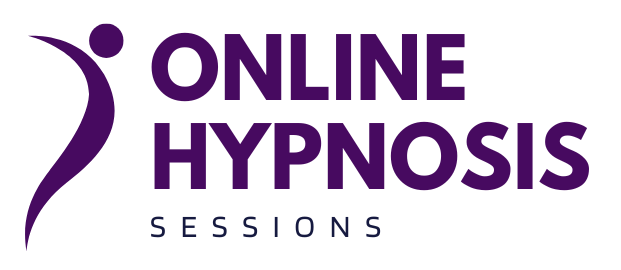Frequently Asked Questions
What is the difference between hypnosis and hypnotherapy?
Very little in practice, it is the goal and intention that is different. Hypnotherapy is simply the use of the techniques and state of hypnosis with a therapeutic goal as the desired outcome. Therapeutic goals could include stopping a bad habit or developing a new positive behaviour or attribute.
However, my approach acknowledges that simply doing and being in hypnosis brings positive benefits in its own right, regardless of whether there is a therapeutic goal or intention.
This is why many of my clients enjoy regular ‘eyes closed’ sessions where the focus is on using the activity of hypnosis or guided meditation to promote and maintain wellbeing, rather than to necessarily ‘fix’ a particular ‘problem’.
Why would someone have regular ongoing sessions? I thought hypnosis was a one-off or small number of sessions thing?
These days, so much about how hypnosis is marketed, and therefore popularly understood, puts an emphasis all things FAST – rapid change, brief therapy, speed inductions, etc. This is combined with hypnosis often being advertised as a FIX for a myriad of problems – stopping smoking, reducing anxiety, overcoming fears, etc.
Whilst all these things can be true, the implication, and sadly the conclusion in many people’s minds, is that hypnosis is something you do one time or for a bit, then you ‘get better’ and forget all about it. The same phenomenon occurs with meditation and mindfulness – for example, people take them up during a period of stress or anxiety and then the practice drops off completely once they are feeling ‘back to normal’.
This is akin to joining a gym and starting a healthy diet and fitness regime, getting healthy and in shape and then stopping it all. It would be no surprise if the positive results and gains were soon lost with this approach!
As someone who has experienced the benefits of dedicated eyes closed work, both personally and professionally, I am passionate about promoting more regular practice. Whether sessions are 1-2-1 with a practitioner or listening to pre-recorded audios, for many, hypnosis and guided mediation becomes a valuable and vital part of their personal wellbeing program.
Can I book a session as a gift for someone else?
Yes, but there are some caveats which it is important to be aware of.
If someone has a general wellbeing goal or simply wants to explore the experience of a session with me, then the fact that someone else is paying is not really an issue. However, if the session is for a specific and more significant transformational change than having someone else book and pay is somewhat of a motivational ‘red flag’.
Having provided several thousand sessions over the years, the most difficult were nearly always those booked by someone else. “My son wants to stop taking cocaine?”, “I want my friend to stop smoking too”, etc. The person gifting the session is usually coming from such a good place, but if the attendee is not ready and truly motivated then it could end up being a well-meant waste of time and money.
That said, I have conducted many successful sessions where they have gifted or funded by someone other than the attendee, but I will usually ask additional questions in the booking process to ensure it really is the best thing and genuinely worthwhile for them.
Can hypnosis help me with bad habit / addiction problems?
Yes, it certainly can. A huge proportion of my clinical experience has been working in this area. However, it is important to be realistic about what can be achieved. This is an area of change work where the holistic nature of the solution is even more important.
I have helped many highly-motivated, well-prepared clients to stop smoking, quit cocaine, give up cannabis, etc. in a single session. The common thread with these success stories is that these clients had all the other parts of the puzzle either solved or positively in progress and it was now just the bad habit they needed to finally break. If this sounds like you, then making such a change in 1-2 sessions with me is definitely achievable.
Where people struggle is when they are expecting hypnotherapy to be a ‘magic wand’ to solve their problems with very little input from them. They may have work problems, dysfunctional relationships, diet and sleep problems, etc. and fundamentally be living in a way that will make it difficult to make rapid change sustainable.
It is important that people in this situation get support to work on the complete holistic picture of the change they want to make. Some of these areas I can help with and others I can signpost / make recommendations as to how to find relevant support. Ultimately this usually means more work, a broader set of changes and a larger number of sessions to make sure that the desired change ‘sticks’.
